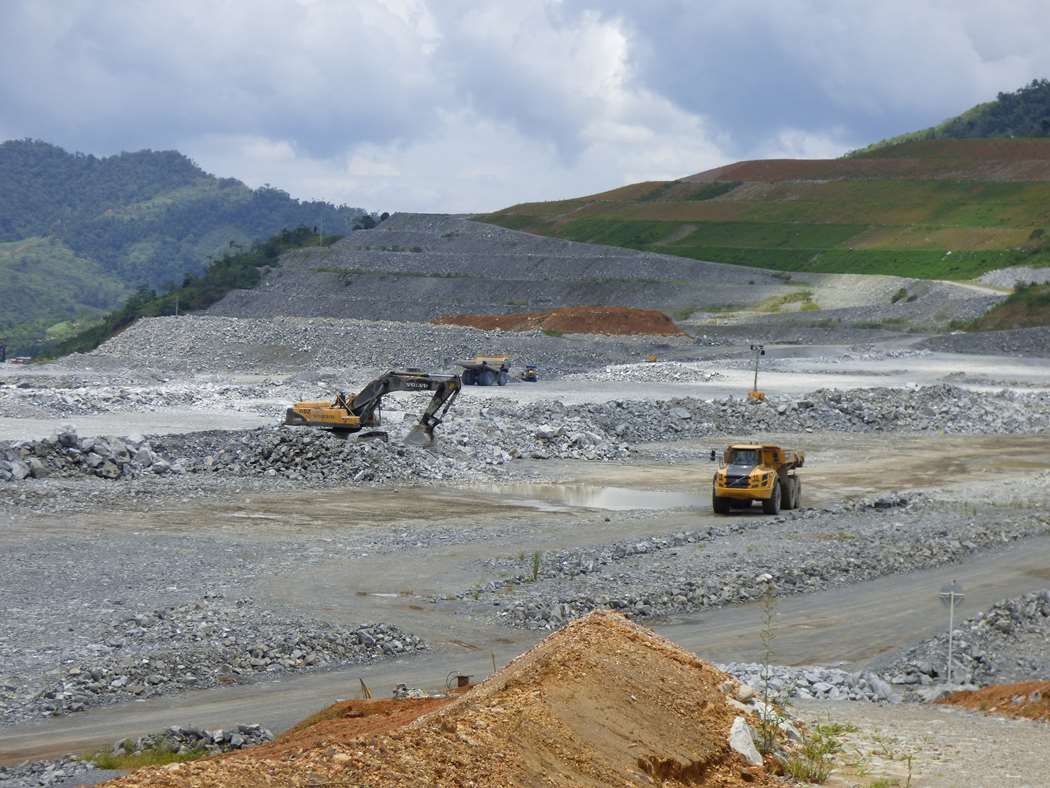
In this study, Fair Finance Guide Japan underscores the situation in two mines (a nickel mine in the Philippines and a copper mine in Chile), both producing minerals needed for a low-carbon energy transition, and operating under questionable practices enabled by Japanese financial institutions. Ultimately, this report aims to highlight the need for stronger monitoring on mining projects and overall due diligence on the mining sector. We come to this conclusion after our local monitoring partners found alleged violations regarding indigenous people’s rights on both project financed within the scope of the Equator Principles.
The world is finally waking up to the climate crisis that experts have long warned about. Suddenly, the whole world is looking towards renewable energy and electric vehicles that will make current combustion engines obsolete. What is needed to accomplish this bold change, however, is not always accounted for, and that is the increasing demand for metals such as copper, lithium, cobalt, and nickel which are critical for a global low-carbon energy transition.
According to a 2020 World Bank study titled, “Minerals for Climate Action”, at least 29 million tons of copper will be needed by 2050 to achieve IPCC’s “Two Degrees Scenario” to avert climate change. This means 1.378 million tons of copper needs to be produced annually in addition to current supply levels. The same report also notes that even if recycling rates were improved by 100% (which is highly unlikely), it will only reduce demand for new minerals by 23%. Thus, over 50% increase in production rates across the board is inevitable.
Currently, the world’s top copper producing mine in Chile produces 1.4 million tons annually, eclipsing any other large scale copper mines typically scaling around annual production capacities of 300,000 tons. Therefore, a monstrously large mine or multiple large scale mines will need to be in operation in order to meet the increasing demand to power a global energy transition. The same story is true for nickel with an additional 2.2 million tons needing to be added to annual production levels. This means nearly doubling current production rates which are already at roughly 2.3 million tons per year.
The increasing demand for these metals are aggravating already massive pressures onto mining companies and the communities impacted by mining activities. For example, nickel mines that can produce for the next thirty years seem a sure bet for investors with almost assured returns, for now. However, if these mines come with massive social and environmental impacts, then the investments could result in costly court cases and cleanups of polluted areas.
Unfortunately, the rush for production is fueled by the lack of long term vision for sustainability, and short term greed for financial gains, resulting in weak due diligence in the mining industry throughout the world as highlighted in this report.
In this study, Fair Finance Guide Japan underscores the situation in two mines (a nickel mine in the Philippines and a copper mine in Chile), both producing minerals needed for a low-carbon energy transition, and operating under questionable practices enabled by Japanese financial institutions. Ultimately, this report aims to highlight the need for stronger monitoring on mining projects and overall due diligence on the mining sector. We come to this conclusion after our local monitoring partners found alleged violations regarding indigenous people’s rights on both project financed within the scope of the Equator Principles.
Recommendations to financial institutions:
1. Those involved in the project finance of Quebrada Blanca Phase 2 expansion project should conduct strict monitoring immediately to assess its social and environmental impacts. If the monitoring shall reveal that enough mitigation efforts have not been made, financial institutions should consider responding including a withdrawal of investments.
2. If and when Sumitomo Metal Mining and its collaborating companies seek additional project finance for the Rio Tuba mine expansion project, financial institutions shall strictly scrutinize the project to confirm that Sumitomo Metal Mining or its ore suppliers are considering sustainability in accordance with IFC performance standards. In case of doubt, financial institutions should refrain from financing.
3. Financial institutions shall consider all mining projects as high risk projects and strengthen due diligence through sector-based policies.
Read the full report here (only in Japanese).
——————————————————————————————————————————————————–
About Fair Finance Guide Japan
Fair Finance Guide Japan composes of four civil society organizations: Japan Center for a Sustainable Environment and Society (JACSES), Pacific Asia Resource Center (PARC), Alternative People’s Linkage in Asia (APLA), and Japan Tropical Forest Action Network (JATAN). Fair Finance Guide Japan focusses on analysing the policies of Japanese financial institutions (both banks and insurers) on their investments against common, comparable environmental, social and governance (ESG) criteria. Going beyond analysing the policies of these financial institutions, the Fair Finance Japan coalition also highlights the practices of different financial institutions and companies on the ground through their case studies. Underscoring the importance of an active and engaged civil society, the coalition works with other Japanese CSOs towards making Japanese financial institutions accountable for their financing activities across Asia.
For more information, please contact:
Mr. Yuki Tanabe, the Program Director for Japan Center for a Sustainable Environment and Society (JACSES).